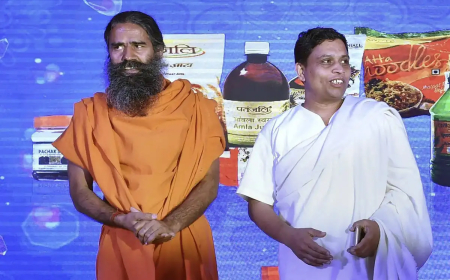Friendship Review – Male Inadequacy Barbecued in Tim Robinson and Paul Rudd’s Comedy Bromance

A Fresh Take on Male Vulnerability Through Comedy
In an entertainment landscape often dominated by macho stereotypes and superficial bromances, Friendship, starring Tim Robinson and Paul Rudd, offers a sharp, hilarious, and painfully honest exploration of male inadequacy. This comedy series strips away the bravado typically associated with male friendships and replaces it with vulnerability, awkwardness, and emotional depth—something rarely seen in the genre.
Friendship is not just a comedy; it’s a nuanced portrayal of how men navigate friendship, identity, and societal expectations. With Robinson’s trademark absurdist humor and Rudd’s charm, the show presents a “bromance” unlike any other: raw, awkward, and profoundly relatable.
What Makes Friendship Stand Out?
The Dynamic Duo: Tim Robinson and Paul Rudd
The success of Friendship largely hinges on the chemistry between Robinson and Rudd. Robinson’s background in sketch comedy (known for I Think You Should Leave) brings a chaotic, surreal energy, while Rudd’s well-honed comedic timing and affable persona ground the series. Together, they craft a narrative that is both wildly funny and deeply human.
Themes Explored
-
Male Inadequacy: The series addresses the internal struggles men face with self-worth and emotional expression.
-
Friendship Dynamics: It portrays how friendships can be complicated by insecurities, misunderstandings, and unspoken needs.
-
Societal Expectations: It critiques the pressure men face to conform to outdated ideals of masculinity.
Style and Tone
The comedy is a blend of awkward situations, cringe-worthy moments, and heartfelt conversations. The tone fluctuates between absurd humor and sincere emotion, a balance that makes Friendship compelling rather than gimmicky.
Friendship: Episode Highlights and Key Takeaways
| Episode | Key Plot Point | Notable Moment | Theme Highlighted |
|---|---|---|---|
| 1 | Robinson’s character tries to impress Rudd | An uncomfortable BBQ scene where everything goes wrong | Male inadequacy and social anxiety |
| 2 | A failed attempt at emotional honesty | Misinterpreted text messages causing chaos | Communication in friendships |
| 3 | An awkward double date | Robinson’s character spilling secrets | Vulnerability and trust |
| 4 | Confrontation about unmet expectations | Paul Rudd’s character confronts his own insecurities | Honest conversations |
Why Friendship Resonates in Today’s Culture
Breaking Stereotypes of Masculinity
The portrayal of men as emotionally complex beings breaks away from the stoic, unemotional archetype often seen in media. By focusing on the characters’ failures and insecurities, the show humanizes male friendship, offering a refreshing alternative to toxic masculinity.
Humor as a Vehicle for Tough Topics
Comedy is often the best way to tackle difficult subjects, and Friendship uses humor to explore issues like emotional repression, fear of vulnerability, and social awkwardness. This makes the message accessible without feeling preachy.
Representation of Modern Male Friendships
The series reflects the changing nature of friendships in an era where men are increasingly encouraged to express emotions but still struggle with societal pressures. It provides a mirror to viewers, showing that it’s okay to be imperfect and awkward.
Top 5 Reasons to Watch Friendship
-
Authentic portrayal of male friendship: Finally, a show that captures the messy reality without glossing over awkward moments.
-
Brilliant performances: Robinson and Rudd deliver perfectly timed humor and genuine emotion.
-
Unique comedic style: A blend of surreal humor and heartfelt storytelling makes it stand out.
-
Relatable themes: Issues like insecurity, communication struggles, and societal expectations hit close to home.
-
Fresh perspective: It challenges traditional bromance tropes and redefines male bonding in a modern context.
Final Thoughts: A Comedy That’s More Than Just Laughs
Friendship is a groundbreaking comedy that brilliantly barbecues the myth of male perfection. Instead of celebrating macho bravado, it exposes the tender, often messy reality of male relationships. Tim Robinson and Paul Rudd’s performances are nothing short of excellent, blending absurdity with pathos to create a show that is both hilarious and heartfelt.
In a world hungry for authentic storytelling, Friendship delivers a much-needed narrative about vulnerability, connection, and what it really means to be a friend. Whether you’re a fan of comedy, interested in gender dynamics, or simply looking for a show that doesn’t shy away from the awkward truths of life, Friendship is well worth your time.





























